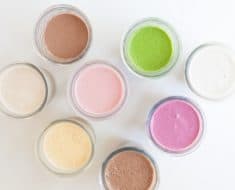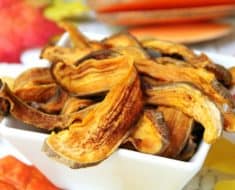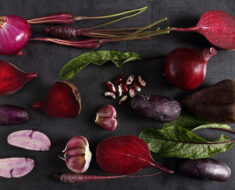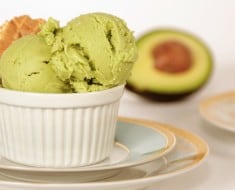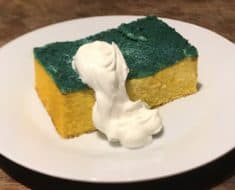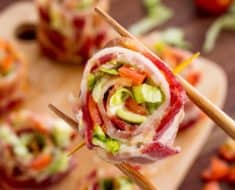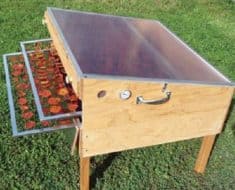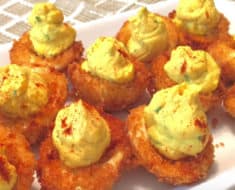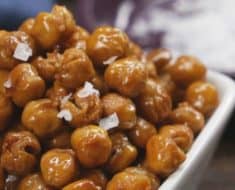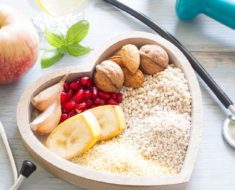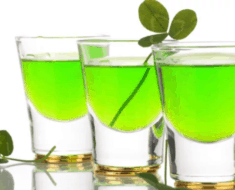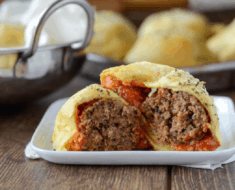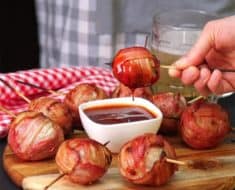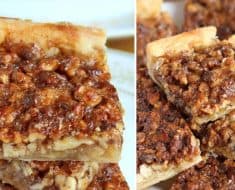Fennel Seeds belong to the flowering plant species and can be categorized under the carrot family. Both the yellow feathery leaves, flowers, and the seeds of this plant are used for herbal purposes. The fennel seeds are common among the indigenous population that lives around the shores of the Mediterranean. One of the most popular herbal by-products of fennel seeds is the herbal wellness tea: a product that has gone beyond being just a local healing herb among villages in the Mediterranean to becoming a major merchandise amongst countries like Albania, Algeria, Bosnia and Herzegovina, Croatia, Cyprus, Egypt, France, and other Mediterranean countries.
Not just for herbal wellness tea, fennel seeds are also used in the production of beverages; they are added in bread, stew, and curries to give it that sweet licorice scent and taste. This seed is called a superfood because of its numerous health and industrial benefits. We will further list the uses of fennel seeds in this article, so let’s go into other areas of this supposed “superfood.”
Some Known Properties of Fennel Seeds
Every part of the fennel (both the flowers and seeds) is packed with nutrients. According to Healthline, it contains between 20-27 calories for dried fennel seeds and fresh fennel bulbs respectively. The fresh fennel bulb also contains 12% of the RDI which is quite considerable for seekers of vitamin supplements. The vitamin you get from these seeds is used for repairing damaged tissues, and it also helps in the treatment of collagen synthesis. The fibre content measures 3 grams for fresh fennel bulbs and 2% for dried fennel seeds.
Both the fresh fennel bulbs and the dried fennel seeds contain small amounts of Magnesium. Magnesium from the fennel seeds contains minerals that facilitate the healthy growth of the bones. Other of these minerals include calcium, and potassium which are measured at 5% of the RDI and 2% of the RDI respectively, while magnesium from dried fennel seeds is measured at 5% of the RDI. It might also interest you to know that the fennel seeds have been identified to contain over 28 different compounds, major ones include methyl chavicol, limonene, anethole, and fenchone.
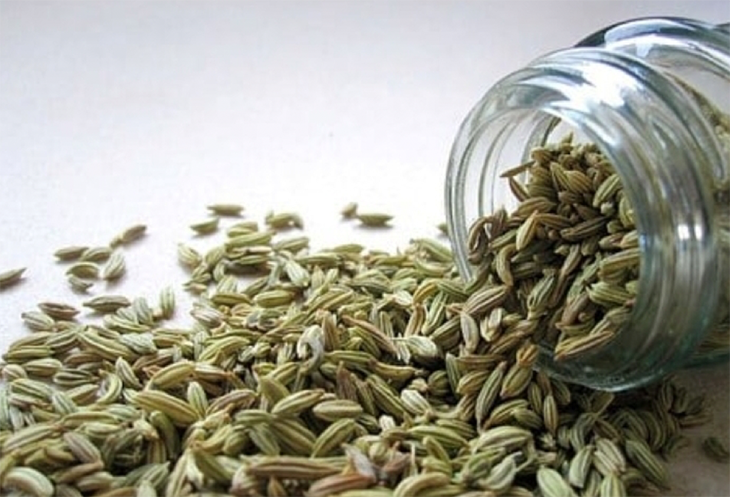
Consumption of Fennel Seeds
Mind you, fennel seeds are not just for the production of herbal wellness tea and other herbal remedies, it is also very edible. Because fennel seeds come with this herbaceous and distinctive flavour, it is used in the production of different spice which is crushed and used for fish and beef fillets. You can also use it as a seasoning while cooking your rice soup. It is also used for dressing salads, pork tenderloin, and other desserts.
You can choose to grind or just add your fennel seeds to your soft cheese and spread it on your bread. Some fast-food restaurants in Greece often use these seeds in baking their sausage rolls; they just add them to their mixtures. Some of the bakeries have also made it an essential ingredient in baking biscuits or bread. You can as well use the fennel seeds on your pot dishes or casserole – just crush and add like every other seasoning.
The Many Benefits of Fennel Seeds
In medicine, fennel seeds are used for the treatment of different digestive ailments like intestinal gas, heartburn, colic in infants, bloating, and those who suffer from it take a lot more of the herbal wellness tea. The essential properties in fennel seeds can be used for the treatment of serious cases of digestive ailments e.g. irritable bowel syndrome. It has also been proven that this seed plays an important role in the treatment of gastroesophageal reflux disease (GERD), ulcerative colitis, constipation, and diarrhea; just chewing fennel seeds aid digestion, and can help reduce gas in more than one way.
Other known health benefits of fennel seeds include supplying the body with enough antibacterial, anti-inflammatory, and antioxidant properties. The fennel seeds contain phytonutrients that help clear sinuses, which helps in relieving asthma symptoms. The expectorant from fennel seeds plays a major role in the healing of respiratory diseases like congestion, bronchitis, and cough. In an article on Stylecraze, an experiment of fennel seeds was conducted on guinea pigs, it concluded that it can provide bronchial relaxation, and more research is still ongoing to understand its effect on humans.
Conclusion
Indeed, tagging the fennel seeds as a superfood is not overrated, its benefits cut across health, nutrition, and industrial sectors, and goes beyond making herbal wellness tea products. Today, much research is still ongoing to further demystify the many benefits of the fennel seeds, especially in the nutritional aspect. As for the storage, fennel seeds are stored in air-tight containers, and kept in a dark, dry location, and can last up to six months without any form of decay or damage.






